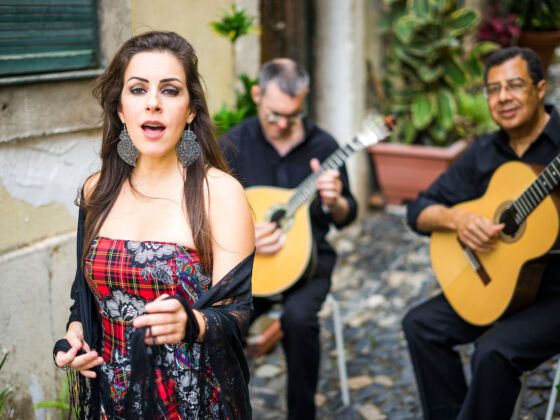1. Seeing plates with funny sayings.
The blue-and-white decorative plates saying “tenha cuidado com o dono, que o cão está preso” (be careful with the owner because the dog is on a leash), make us smile as we walk by the porch. Or, walking in a house and reading, “quem nesta casa em casa entrar na língua tenha cautela, pode entrar pela porta e sair pela janela” (those who enter this house be careful with their tongue, they might enter through the door and leave through the window.) Not to mention the plate on the coffee shop around the corner, “se bebes para esquecer, paga antes de beber” (if you drink to forget, pay before you drink).
